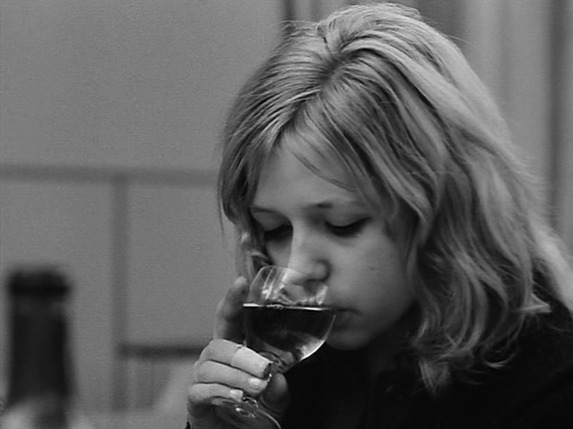 Taking place in communist Czechoslovakia, Milos Forman's Loves of a Blonde opens in the countryside, where a shoe factory owner desperately attempts to convince the Army to station a division of solidiers. In his town, the woman outnumber the men sixteen to one, so the Army agrees, sparking excitement among the townsfolk. Excitement turns into disappointment when the woman discover the soldiers to be older troops, instead of the strapping young men they envisioned. Loves of a Blond is a film that masterfully walks the line between comedy and tragedy, delivering a effective portrait of communist Czechoslovakia. This is a film thats narrative is rather bland and uninteresting but it's by design, with Forman being far more interested in exploring gender politics and the social perceptions of sexual relations. Loves of a Blond is a film full of beautiful moments, with my favorite sequence being at the banquent hall where the young female factor workers first meet the older soliders. The sequence is skillfully designed, capturing both the male and female perspectives in the primal games of courtmanship. The film's more comedic elements slowly form into a tragedy towards the end of the film, with Forman seemingly commenting on the alienation of these female factory workers. Milos Forman's Loves of a Blond is a low-key effort with solid craftmanship, effectively capturing the tragedy and comedy that so frequenly makes up gender politics.
0 Comments
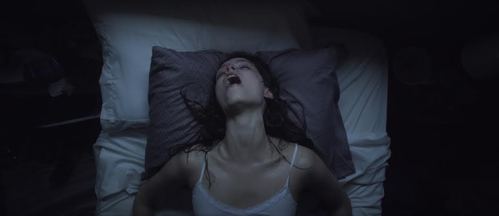 Even since an early age, Sarah has always dreamed of being a famous actress. Living in Los Angeles, things haven't gone exactly gone as she planned. In order to pay the bills, Sarah works at a trashy fast-food establishment, going from audition to audtion in her spare time, with little success. During a recent audition, for a lead role in a prominent studio project, Sara's luck begins to change. Sarah is told she is exactly what they are looking for, but Sarah's dreams come at a cost, with the studio's contract leading to sinister implications. Kevin Kolsch & Dennis Widmyer's Starry Eyes is a well-crafted, inventive horror film that is a seething commentary on the dark nature of the Hollywood dream. Starry Eyes is intent on looking at the darker-side of following your dreams, capturing how ambition can be a destructive force. Sarah is a woman whose intoxicated by the romanticism of Hollywood, going to extreme lengths that compromise her moral standards in order to reach her dream. Her muderous plight and the way she is exploited in this film are without a doubt an allegory for the treatment of people in Hollywood, but for those not interested in the underlying satire, Starry Eyes is still a violent, visceral experience. Considering the film's low-budget, Starry Eyes is exceptionally well-made, using lighting, editing, and cinematography to effectively explore the shattered psyche of a woman desperate for success. The film captures the darker side of Los Angeles like few films are capable of, showing the competitiveness, pettyness, and difficulty in making strong friendships in a town where everyone seems to only do what's best for themselves. Starry Eyes works as both a horror film and hollywood satire, being one of the better horror films I've seen this year. 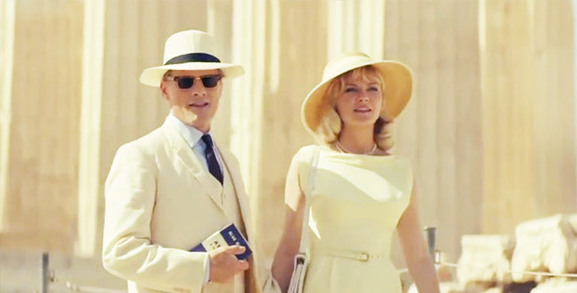 Hossein Amini's The Two Faces of January begins at the Parthenon, where wealthy American tourists Chester MacFarland and his wife Collete are on vacation. They meet Rydal, an American expat who ran away from all responsibility back home, now working as a tour guide. Rydal is a sneaky, scam-artist, but he's unequivocally drawn to the couple, due in large part to Colette's beauty and Chester's sophisticated lifestyle. However, things aren't all they appear to be, with Chester's accumulation of wealth being the result of scamming his investors. When Chester is confronted about his shady dealings by a hired gun, he knocks the man unconscious, imploring Rydal to help him and his wife escape. Things take a more sinister turn when they discover the man was in fact killed, forcing Chester, Collete, and Rydal on the run together, with un-trust, jealousy, and paranoia threatening to destroy them. Hossein Amini's The Two Faces of January is a simple, effective thriller that is a nice throwback to earlier, narrative-fueled filmmaking. There are no action sequences, car chases, or special effects in The Two Faces of January, with the film being a beautiful reminder of the power of complex characters and simple, but elegant narrative devices. The whole film is built around complex characters, Rydal and Chester, each being deceptive men with secrets. They are much more similar to each other than they care to admit, each infatuated by the beauty and vulnerability of Colette. The Two Faces of January is effective simply because of its three-dimensional characters, with much of the film's suspense and tension revolving around the brewing tension between these two men. It's a simple film, that basically uses Collete as a device, exploring male ethos, identity and trust. 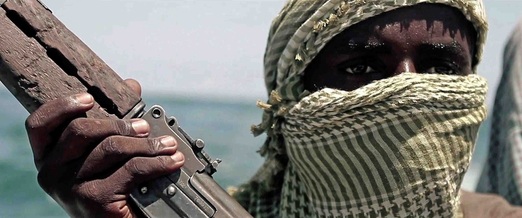 Cutter Hodierne's Fishing Without Nets is a film told from the Somali Pirate's point of view. The story centers around a a Somali fishman, Abdi, who is desperately trying to provide for his family. In a poverty stricken society, he tries everything to make ends meat, but when all avenues fail him, he reluctantly becomes a pirate in order to provide for his family. Abdi joins a band of local pirates, helping them capture a French oil tanker, intent on collecting ransom for each of the hostages. Fishing Without Net is a thought-provoking film that masterfully showcases the similaries between Somali Pirates and everyday citizens. This film doesn't exonerate these men by any means, but it showcases a situation that isn't as morally black and white as many people suggest. Fishing Without Nets makes the argument that Somali pirates are doing what they do out of survival, capturing the dire conditions in which they live. Intentional or not, I think the strongest attribute of the whole film is in showcasing the power of money. It's a neccessity in all walks of life, with Fishing Without Nets showing the control it has over all of us, no matter the culture or race. In Fishing Without Nets the Somali Pirates are like any other group of people, with some doing what they do out of neccessity, while others are more monstrous, kidnapping hostages for their own personal satisfaction. Fishing Without Nets is a conventional film told from an unconventional perspective, effectively showing how this group of Somalians is not different than any group of people - being slaves to the almighty dolla 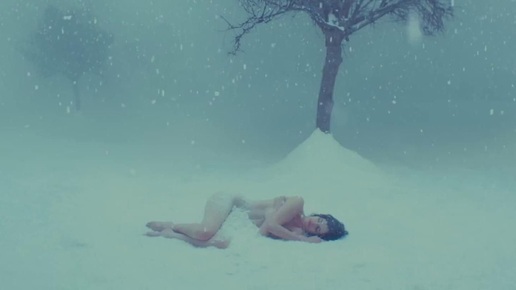 Kat Connors is your typical 17 year-old teenager in the 1980s, living with her homemaker mother, Eve, and father, Brock. A seemingly happy family on the surface, Eve is in actuality a repressed housewife who has fallen out of love with her harmless, unpassionate husband, Brock. One day, seemingly out of nowhere, Kat’s mom, Eve, disappears without a trace. An investigation begins into Eve’s disappearance with Kat barely being emotionally affected, a bi-product of growing up in an emotionally repressed household. As time passes, Kat begins to come to grips with the affect her mother’s disappearance has on her, eventually confronting the truth and her own personal denial about what occurred. Gregg Araki’s White Bird In A Blizzard is probably his most reserved film to-date. It’s a coming of age story of sorts but what makes this film so effective is in its examination of repression. All three family members in this film are dealing with some form of repression, from Eve struggling with domestication and feeling like a servant, to Kat’s repressed emotional state thanks to her upbringing. Through these three characters, including Brock’s repression which I won’t speak about for sake of spoilers, White Bird in a Blizzard shows the power and danger of repressing one’s emotions, capturing the volatility associated with trying to bottle it up. Narrative-wise, I really enjoyed how the film subtlely showcases how Kat’s own repressed emotions and personal issues are similar to her mothers. Kat rebels, especially sexually, almost as if to make sure she doesn’t follow her own mother’s doomed footsteps, afraid to face the potential truth. As one would expect Eva Green is phenomenal in her role as Eve, displaying both an instability and vulnerability that makes the audience uncomfortable, simply waiting for her to explode. Greg Araki’s White Bird In A Blizzard is certainly his most stylistically reserved and straight-forward film in a long time, but its thematic examination of repressed emotions is poignant and profound. 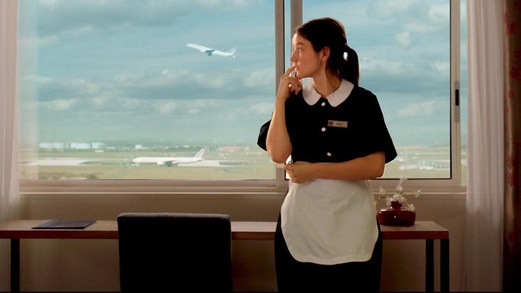 Gary Newman, an engineer from silicon valley, has just arrived in Paris, France for a very important business trip. He attends the meeting but it's apparent from the onset that Gary is very distracted. From France, Gary is supposed to fly to Dubai but he unexpectedly decides not to go, abruptly deciding to quit his high paying job and in his words, start his life over again. He holds himself up in his room, explaining to his wife and business partners that he will not be returning home. As Gary deals with his personal demons, fate brings a young maid at the hotel, Audrey, into his life. Pascale Ferran is an incredibly unique experience that blends fairy tale and character drama together with beautiful results. A film about human connection and finding oneself in the rat race of life isnt a new concept but the subtlety and grace exuded by the filmmakers is genuinely impressive. Bird People taps into the meditative state of its characters, delivering a poetic film about humanity and individuality. Gary can certainly be viewed as a selfish character but there is no doubt the audience will empathize with him, a man whose full of emptiness due to a detachment from human connection, and loss of individuality,thanks to the business world rat race. Aubrey is another interesting part of the puzzle, a young maid who struggles with similar issues but has not been nearly as broken down. Her side of the story is more like a fairy tale, as she transforms into a bird for one night, observing a host of individuals in the hotel and airport. While this fantasy element of the film was a bit distracting at first, it elevates the film, being symbolic of Aubrey and Gary's desire for personal freedom. From a technical standpoint, Bird People is a very well crafted film that juxtaposes these two characters loss of perceived freedom with frantic airports, translations, and highways. It exposes the fast paced nature of life while capturing what becomes lost in the chaos. Pascale Ferran Bird People is a poetically nuanced study of individuality, loneliness, and connection that features a great central performance by Josh Charles, making it one of the most unique and touching movies of the year. 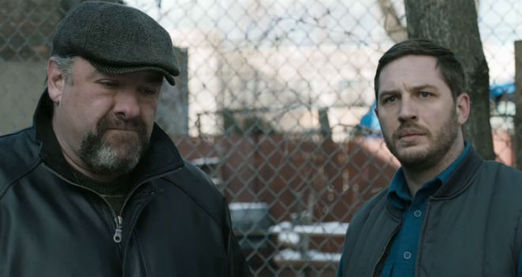 Taking place in the seedy, underworld of Brooklyn's dirty money smuggling, Michael R. Roskam's The Drop tells the story of bartender Bob Saginowki, who funnels cash for gangsters at the bar with his cousin Marv. One night the bar is robbed by two armed gunman, placing Bob and his cousin Marv in the angry hands of the mafia who want their money found. Bob attempts to simply mind his own business, but as the investigation into the robbery continues, secrets are revealed with Bob's past coming back to haunt him. Michael R. Roskam's The Drop is a well-crafted crime thriller that excels due in part to a phenomenal cast from top to bottom. Tom Hardy, James Gandolfini, Noomi Rapace, and Matthias Schoenaerts are all exceptionally well cast in their roles, all bringing weight to their performances whenever necessary. What I found so interesting about The Drop is how it's the story of a rather simple-minded man in Bob Saginowki. Even though he works closely to a world surrounded by violence Bob is mild-mannered, kind man. He is a likeable character who is stuck in the midde of harsh world around him, and the way the film builds this character around this concept perfectly builds to its impressive conclusioon. Thematially this is a film that challenge the notion that morality is black and white, and to call it a twist ending is selling The Drop short. A well crafted, engaging film, The Drop is a unique and powerful entry in the crime thriller sub-genre that raises some interesting thematic questions that are rarely seen in films of this ilk. 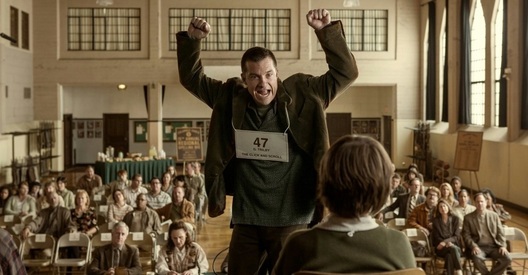 Guy Trilby, a 40-year old man, is a mean-spirited, foul-mouthed jerk who shows little respect for everyone around him. After finding a loophole in the rules of The National Spelling Bee, Guy joins the event, hijacking the competition and irritating almost everyone along the way. From outraged officials to disgruntled parents, Guy is at center stage of a ton of angst, intent on crushing the dreams of all the other children on his way to victory. As the competition begins, Guy begins to forge an unlikely friendship with one of his competitors, Chaitanya, a 10-year-old boy. Jason Bateman's directorial debut, Bad Words, is a relatively funny film that's crudeness, undermines its more lofty thematic intentions. Guy is far from a likable character, alienating almost everyone who even attempts to connect with venom and foul-mouthed antics. This is an odd role for the likable Bateman but I've always been a sucker for an actor stepping out of his comfort zone. At its core, Bad Words is about the connection between Guy and Chaitanya, two individuals who are more alike than they could imagine. For much of the film, the audience is left in the dark about Guy's true motivation for entering the spelling bee, but unfortunately the revelation towards the end of the film is lacking, setting up a heart-felt conclusion that goes against the snarky, ugliness that made this character's plight so interesting. I understand the film is trying to make a statement about forgiveness and moving forward but the way it gets there doesn't feel very organic. Perhaps the films greatest strength is how it deconstructs our societies desire to win, showing the petty actions of parents and officials alike, doing whatever they can to stop Guy Trilby from winning. These parents use their children as an excuse for their actions, when in actuality most of their venom revolves around their own selfish intentions - the tutoring lessons and time they spent preparing their children in an effort to win. Jason Bateman's Good Words is a low-rent, spelling bee version of Bad Santa, but unfortunately it never fully sticks to its guns, falling a little too far into sentimentality for my liking. 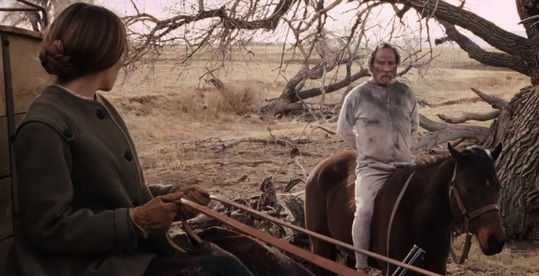 Living on the Western frontier, Mary Bee Cuddy is an independent-minded woman who has yet to find her husband. A strong woman, she is perceived as bossy and rather plain, keeping her from finding someone to settle down with. When three woman living in the community are driven to insanity by a variety of harsh realities of pioneer life, Mary Bee volunteers to transport the women to Iowa, where they can get the necessary help. As she sets out, Mary Bee soon realizes how daunting and dangerous the journey will be, employing a low-life drifter, George Briggs, to aid her. Tommy Lee Jones' The Homesman is beautifully photographed western that is a poetic commentary about an era in America that routinely crushed the souls of people under its harsh conditions. The Homesman is a film that puts the spotlight on Prairie madness, showcasing the nightmarish situations that have scarred these woman. While the film's commentary on the treatment of woman during the time is very prevalent throughout, Jones wisely makes this more of a thematic under-current, intent on keeping his focus on the instability this climate had on everyone. The Homesman features beautiful cinematography, with wide shots that emphasize the wide open spaces and desolate setting of the West. Jones uses these visuals to not only capture the lack of control his protagonists have over this harsh environment but also the loneliness and isolation of these two characters, most notably Mary Bee Cuddy. With The Homesman Tommy Lee Jones has once again proved to be one of the better actors turned directors, delivering a powerful portrait of a harsh time in American history. 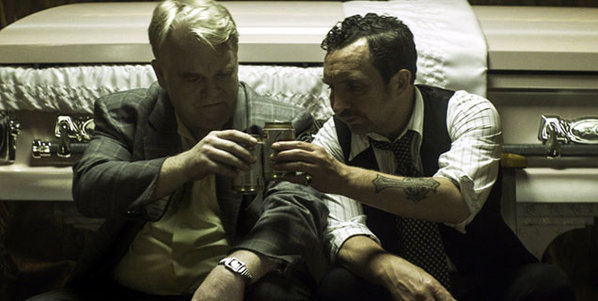 In the gritty, blue-collar neighborhood of God's Pocket, everyone takes care of each other. Mickey is not from God's Pocket, but he lives there now with his wife and stepson, Leon. When Leon is killed in a construction "accident", Mickey quickly finds himself caught juggling a series a crisis including a debt he can't pay, a son-in-law whose funeral he can't afford, and a wife who believes her son's death wasn't an accident. John Slattery's God's Pocket has a lot of strong performances and a solid, if unspectacular narrative, but unfortunately it's never able to overcome its multiple personality disorder. God's Pocket is a film full of interesting ideas that never becomes united, struggling to understand what it wants to be. The film is uneven, jumping from entertaining black comedy to gritty drama, with no cohesive tone to speak of. This is a film that attempts to capture the closely knit community of God's Pocket, showing the almost tribal nature of these blue-collar towns who view all outsiders as a threat to their community. This is the most interesting aspect of the film, showing the hypocritical nature of these small communities, using Richard Jenkin's character, a once praised writer from the area, to illustrate their fickle nature. Featuring a sub-standard narrative that isn't thrilling enough to be engaging, nor comedic enough to be funny, God's Pocket is a film stuck in-between, never fully able to become cohesive on a thematic level. |
AuthorLove of all things cinema brought me here. Archives
June 2023
|
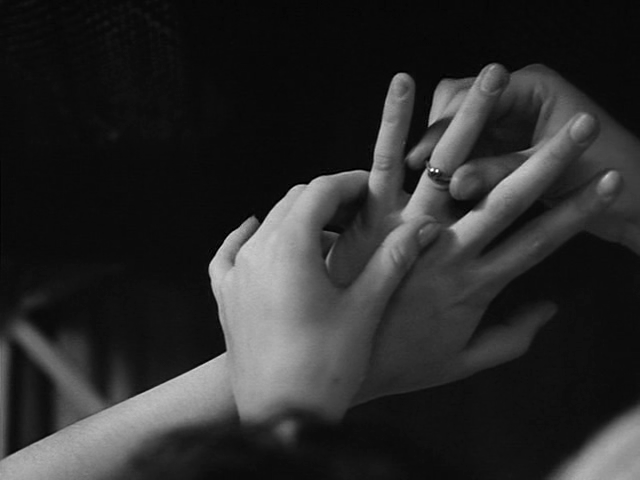
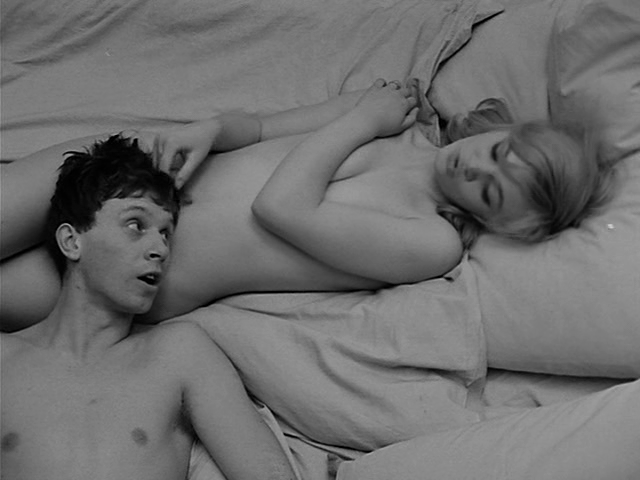
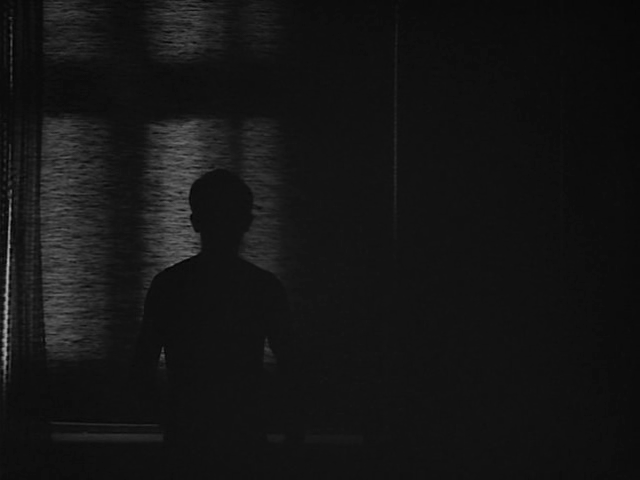
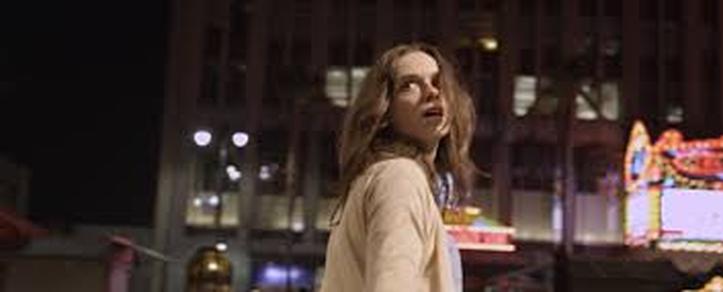
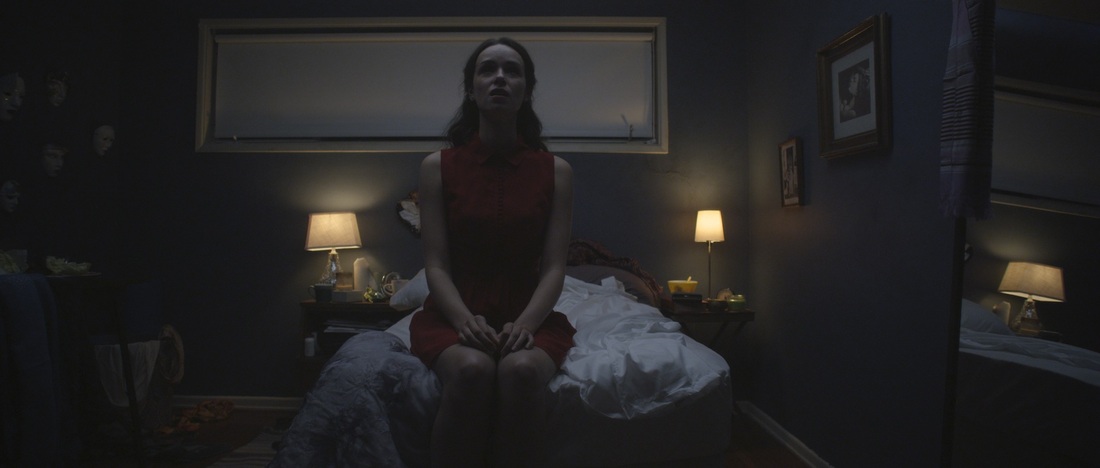
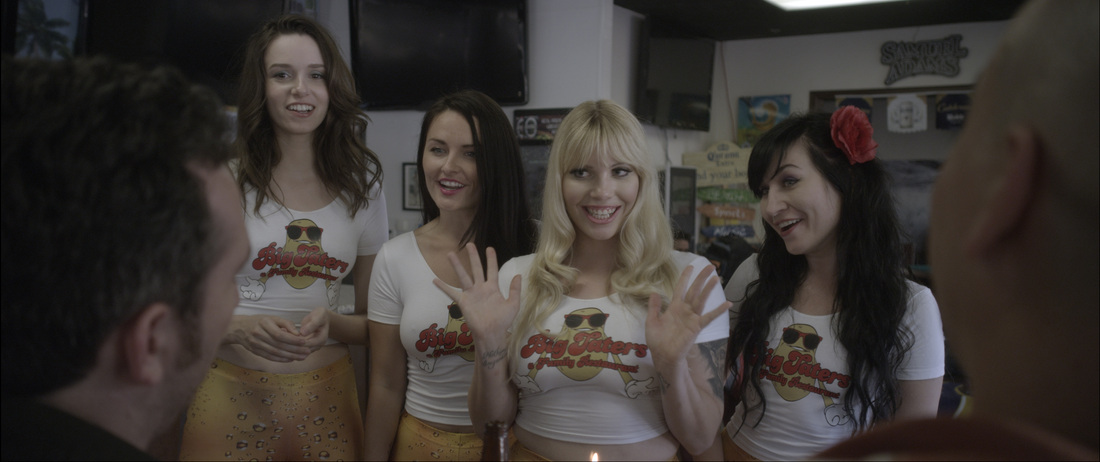
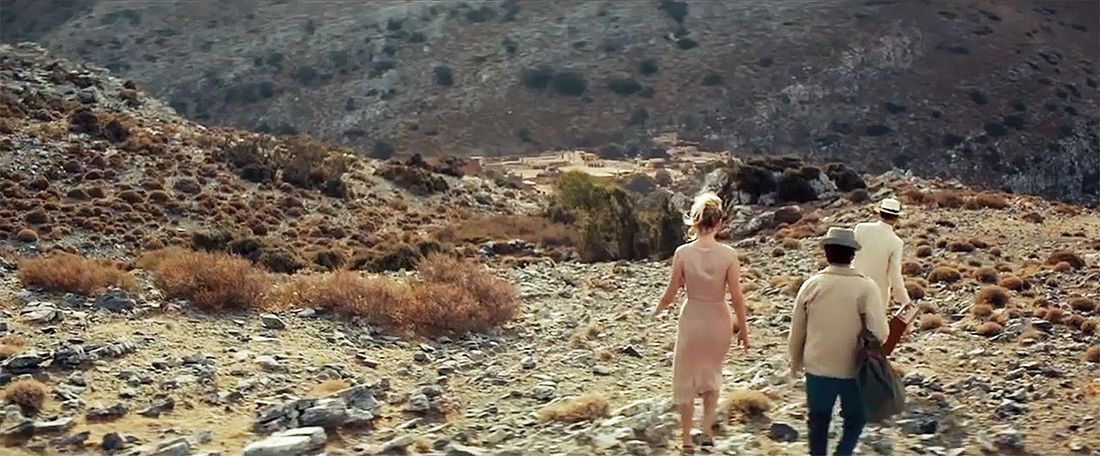
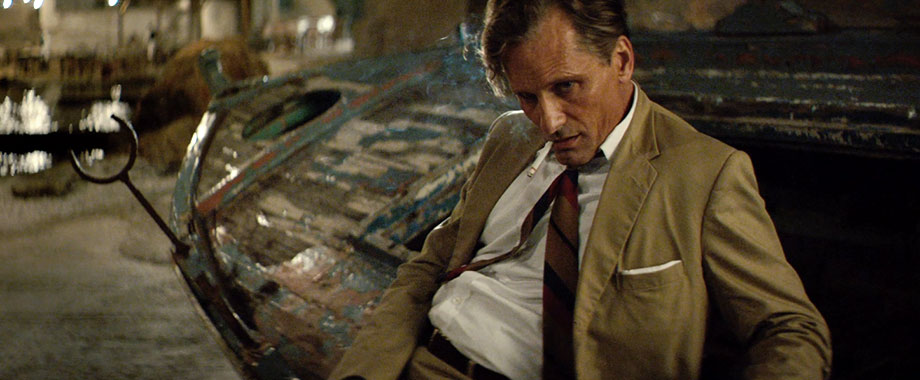
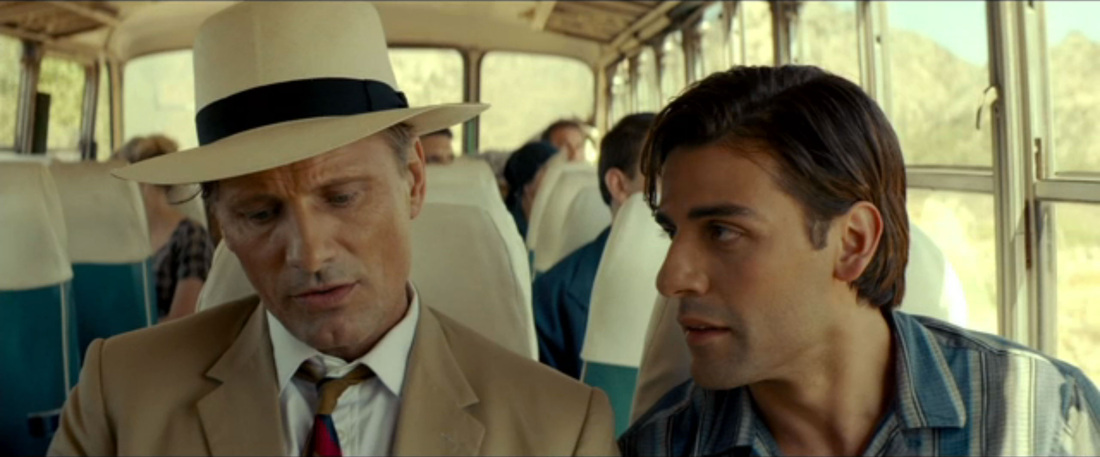
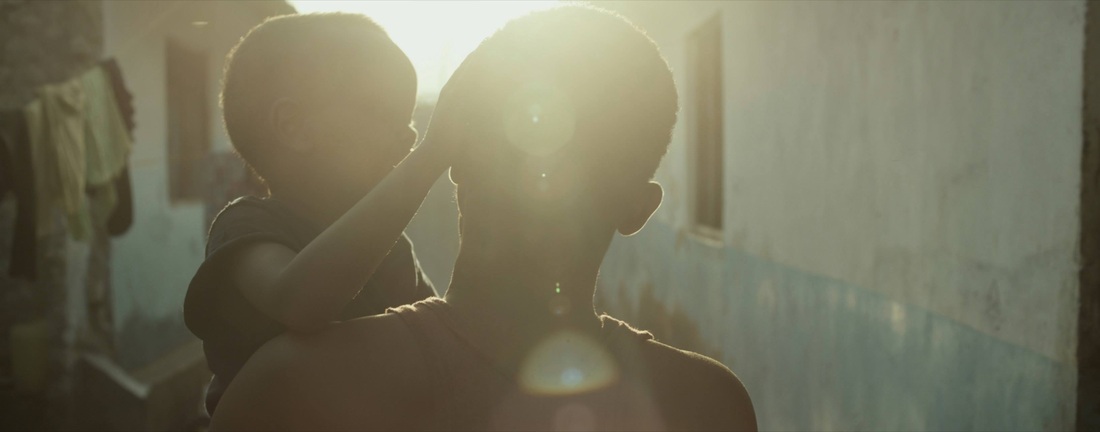
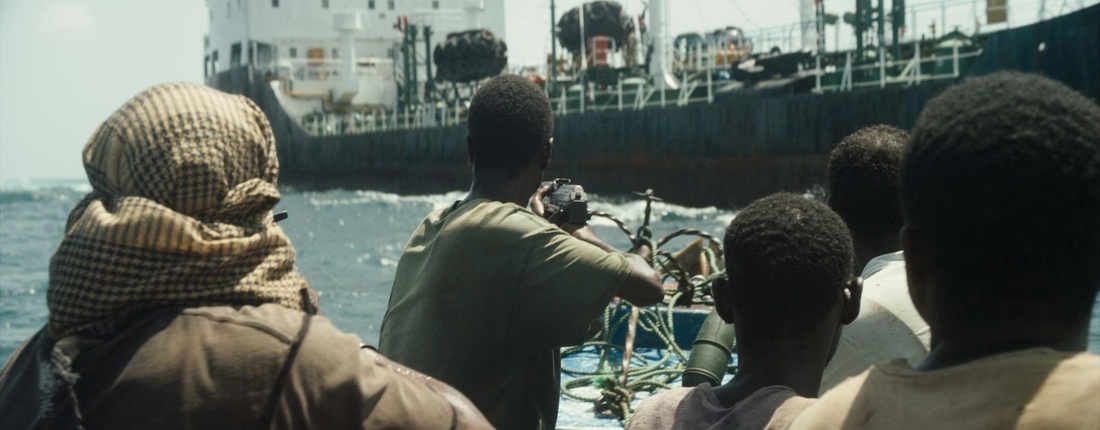
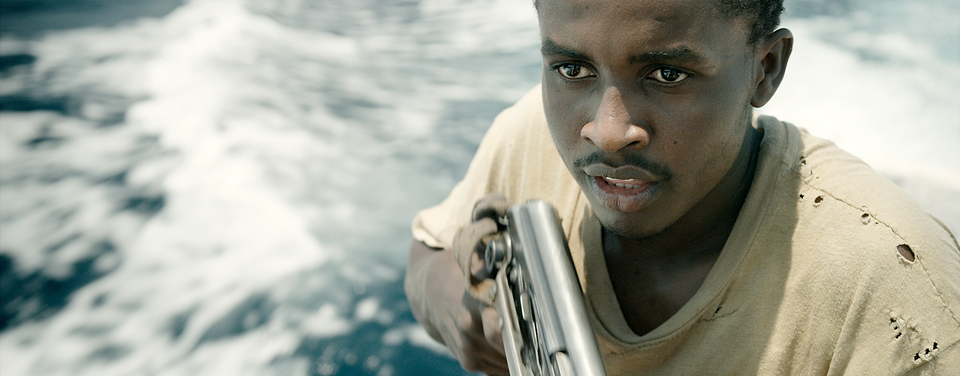
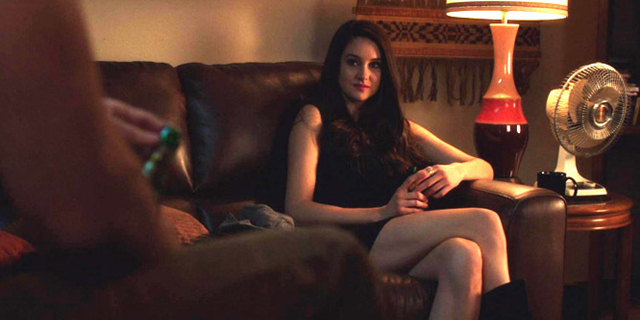
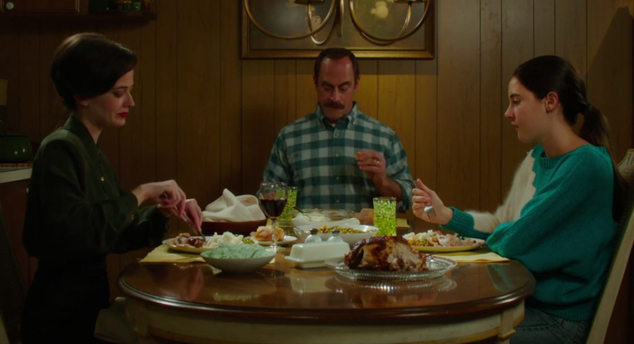
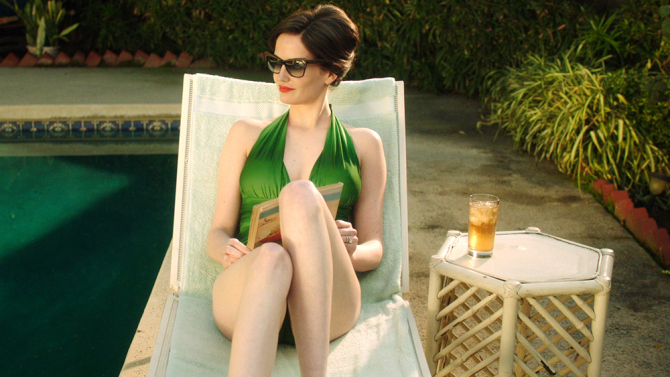
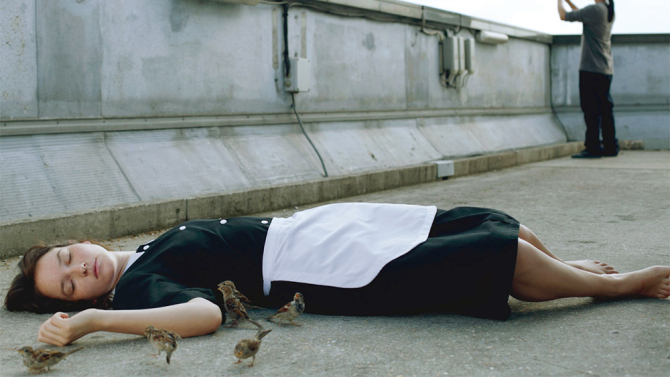
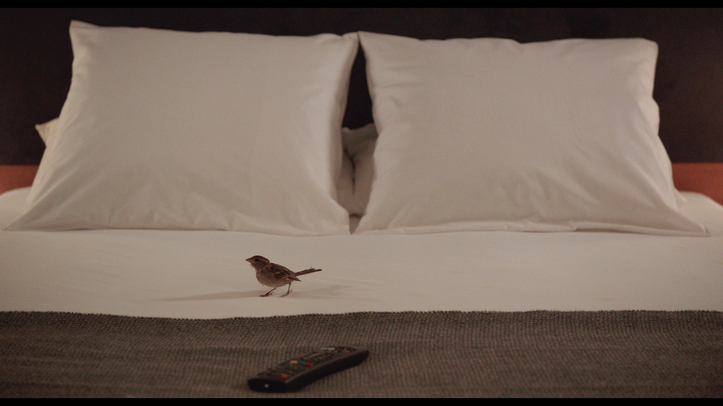
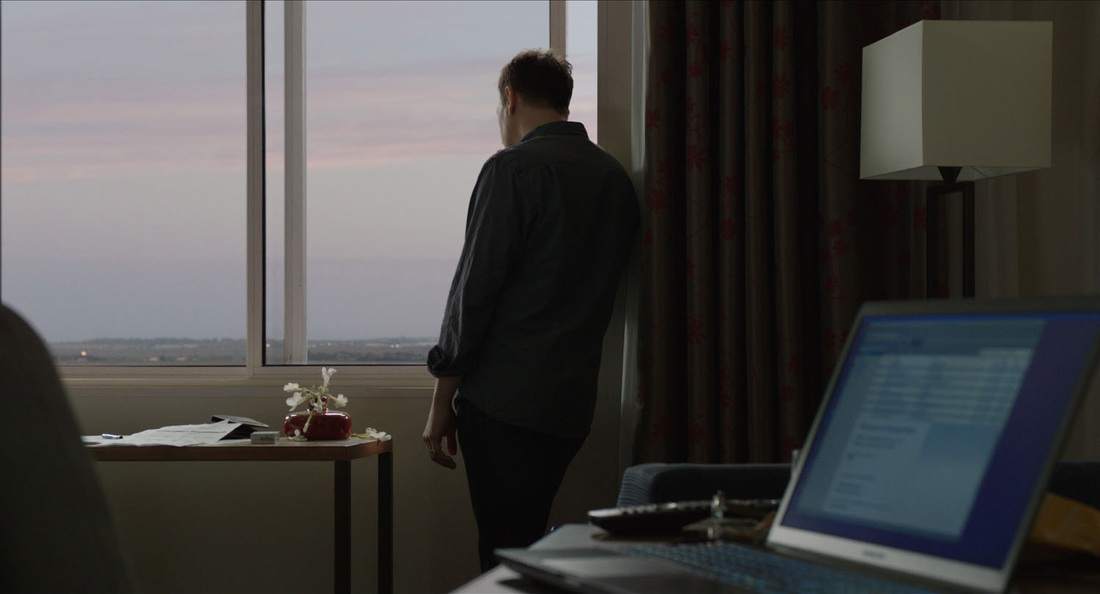
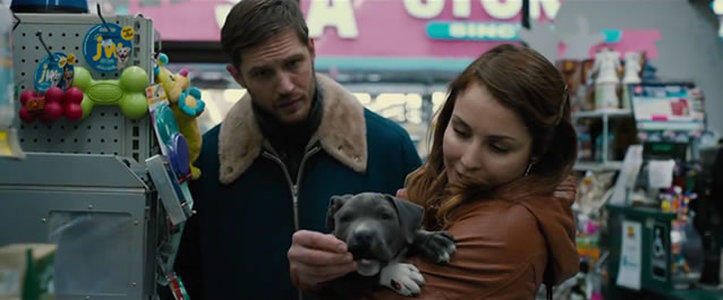
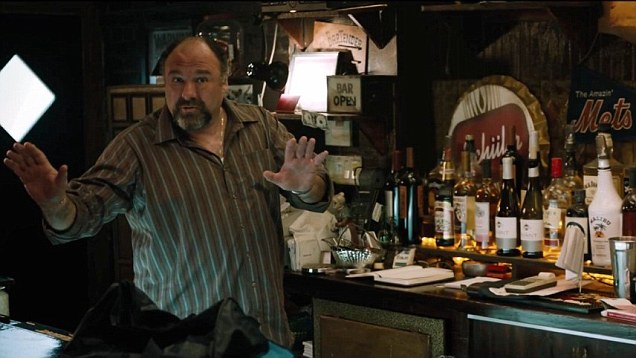
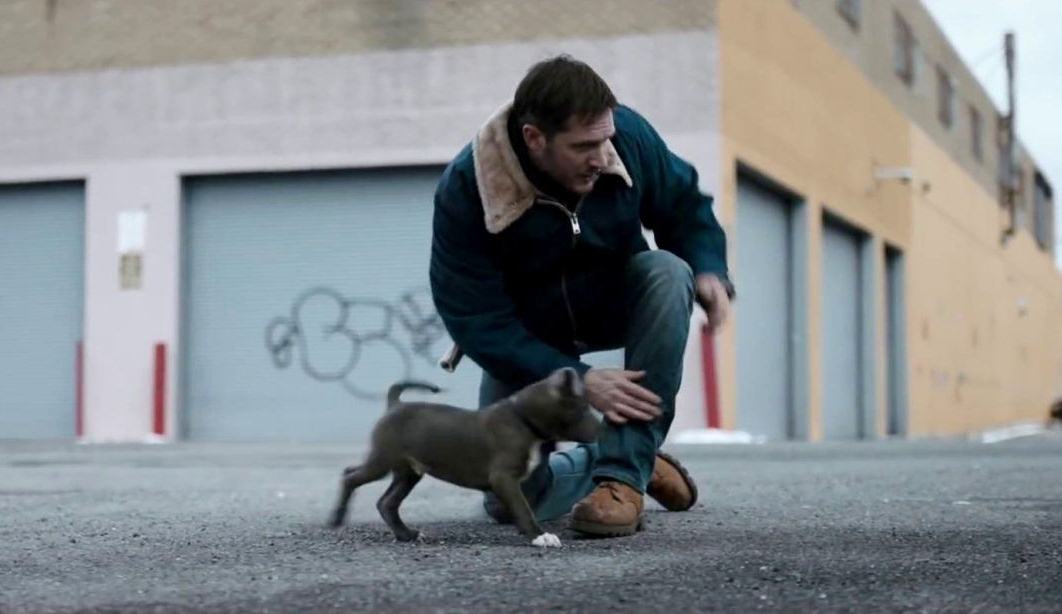
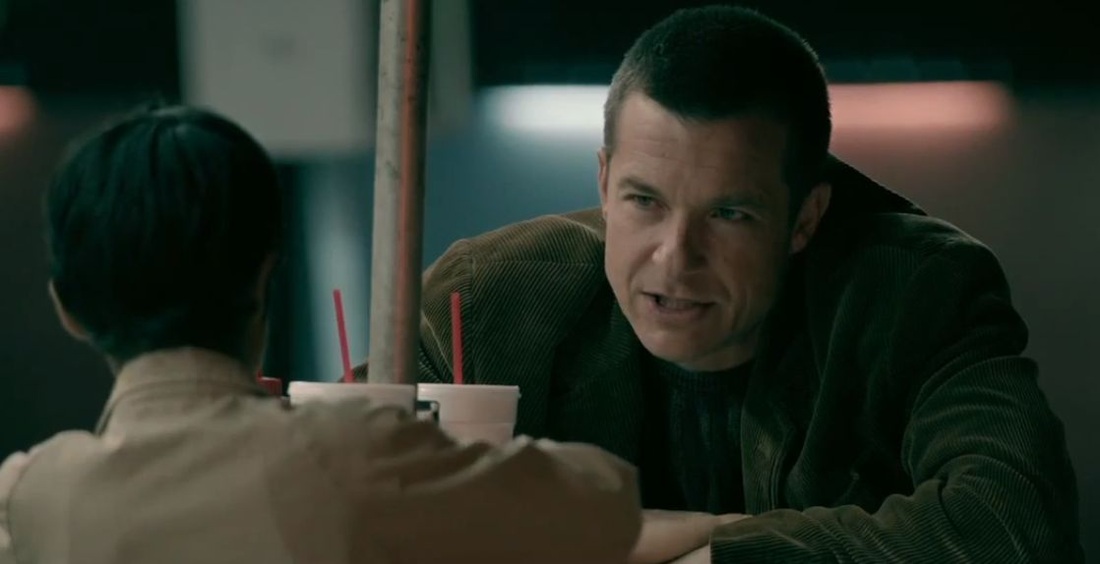
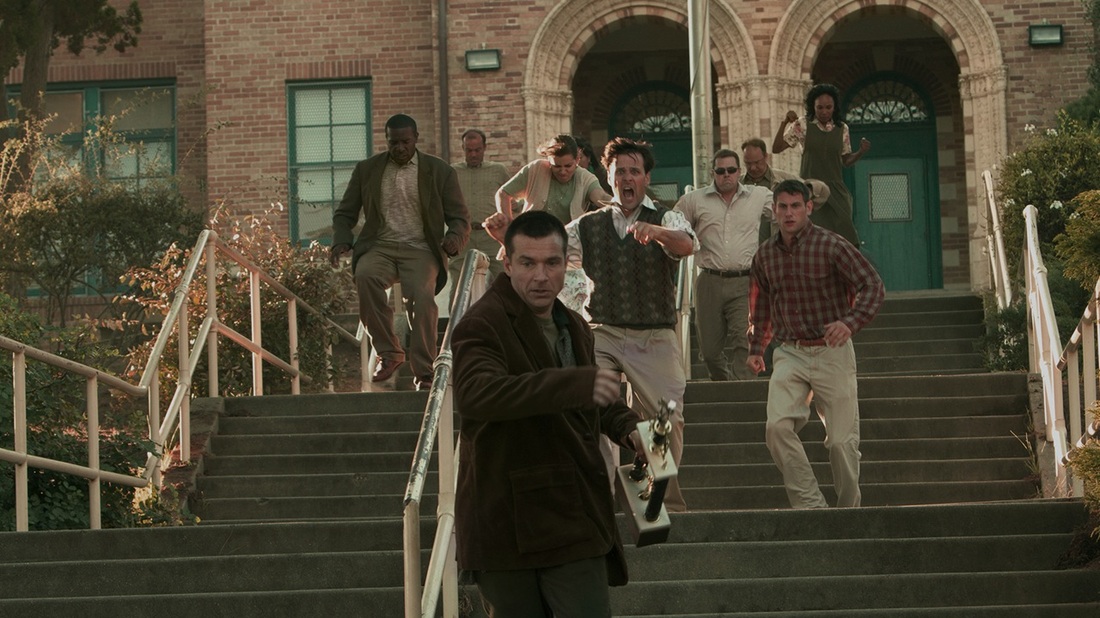
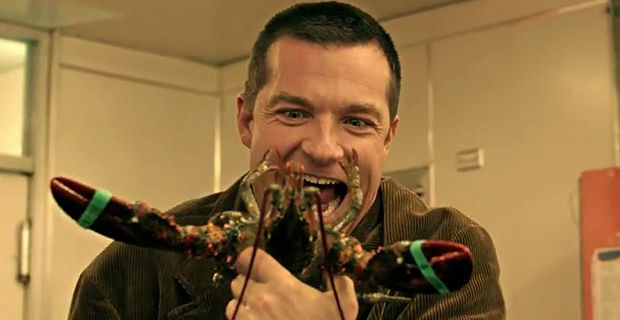
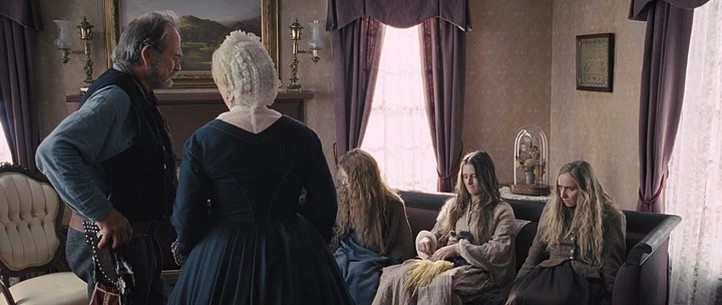
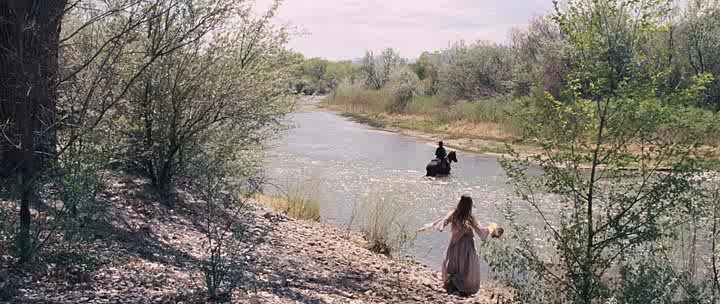
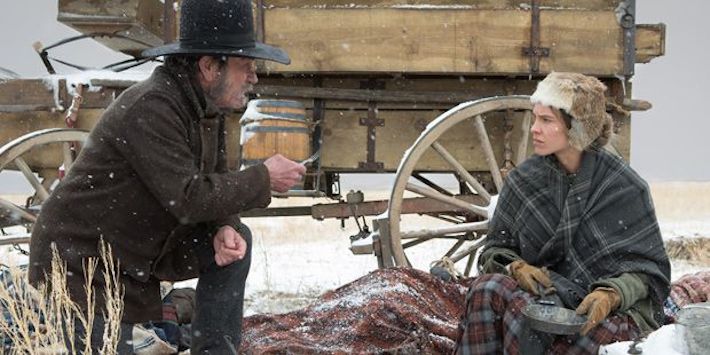
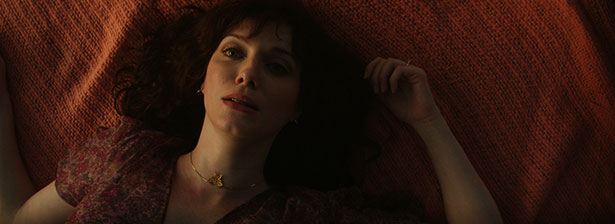
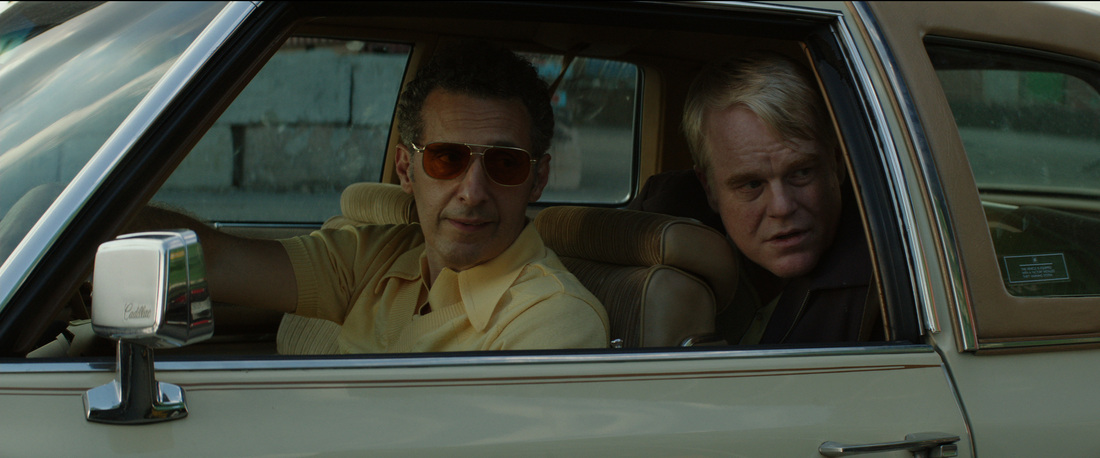
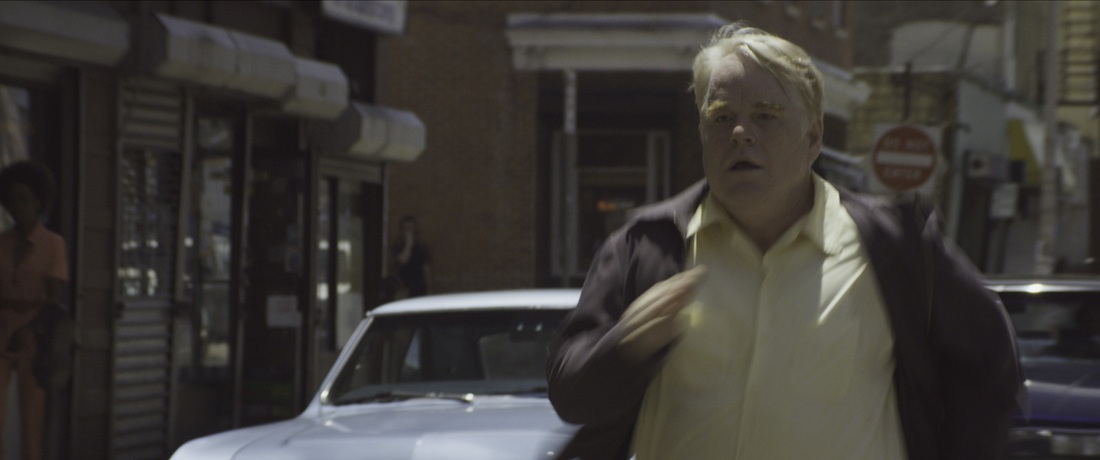
 RSS Feed
RSS Feed
